Are Christians Rabble-Rousers?
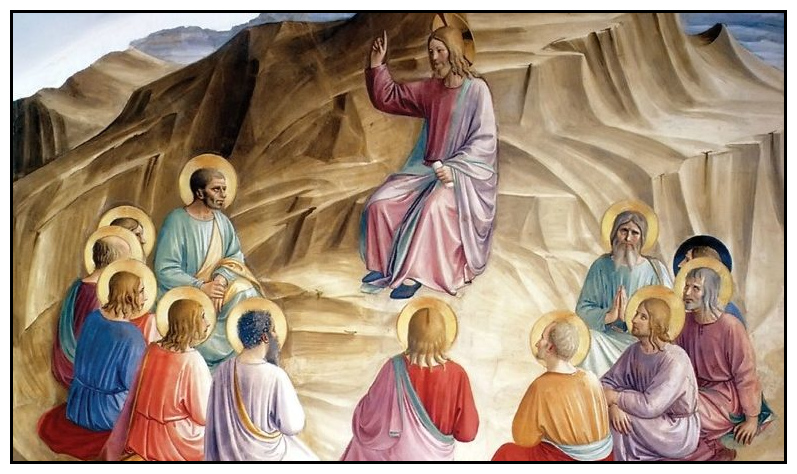 This photo is from the online Commonweal article "Christ's Rabble" subtitled "The First Christians Were Not Like Us" by Dr. David Bentley Hart, a renowned Orthodox theologian. This photo depicting plaster-of-Paris saintly-looking disciples (except the one with a black halo!) surrounding Jesus that introduced the article aptly illustrates Dr. Hart's disdain for an acculturated, saccharine-sweet version of Christianity.
This photo is from the online Commonweal article "Christ's Rabble" subtitled "The First Christians Were Not Like Us" by Dr. David Bentley Hart, a renowned Orthodox theologian. This photo depicting plaster-of-Paris saintly-looking disciples (except the one with a black halo!) surrounding Jesus that introduced the article aptly illustrates Dr. Hart's disdain for an acculturated, saccharine-sweet version of Christianity.
In 2016, I was asked to write a short essay on this article for a seminary course on Christian Ethics that I was auditing. The assignment was simple: "Do you agree with Dr. Hart's conclusions? Why or why not?" My short answer is: "Yes and no." That's the easy part, now for the hard part. While working on a fresh translation of the New Testament, Dr. Hart began to consider what life was like for the early disciples. He writes, it "caused me to absorb certain conclusions about the world of the early church at a deeper level than I could have anticipated. Most of them I already knew, admittedly, if often as little more than shadows glimpsed through a veil of conventional theological habits of thought...."
As one who has spent many years as editor of a revision the Russian Synodal Bible, I can relate to Dr. Hart's pondering while working with the scriptural texts. Our "conventional theological habits of thought" frame our faith in logical constructs and cultural customs that have developed over the past 2,000 years. Dr. Hart questions the conventional meaning of the word Christian as "someone who is baptized or who adheres to a particular set of religious observances and beliefs," but this is far removed from what the New Testament describes as a Christian:
In the Book of Acts we read: "Therefore those who were scattered abroad went everywhere preaching the word" (Acts 8:4). This verse I adopted as a teenager for my life verse, and it has proved true – I have traveled the world preaching God's Word in four languages. A few chapters later the author Luke picks up the same thread of thought: "They therefore who were scattered abroad by the oppression that arose about Stephen traveled as far as Phoenicia, Cyprus, and Antioch, speaking the word to no one except to Jews only. But there were some of them, men of Cyprus and Cyrene, who, when they had come to Antioch, spoke to the Greeks, preaching the Lord Jesus. The hand of the Lord was with them, and a great number believed and turned to the Lord" (Acts 11:19-21).
The Good News of Jesus Christ was spread across the entire known world not by seminary-educated scholars, but by rude-and-crude former fishermen, publicans, rebels and ex-prostitutes who were "scattered abroad" – driven out of one town after another. The same has happened to me, by the way, being forced out of three different cities in Russia. But the key phrase comes a few verses later, when Barnabas brought Saul to Antioch: "It happened, that for a whole year they were gathered together with the church, and taught many people. The disciples were first called Christians in Antioch" (Acts 11:26). There the term "Christian" was invented (probably sometime later by Evodius, the second Bishop of Antioch). But the question is: What were they called before they were called Christians?
The answer is obvious in this verse: they were called "disciples." But now, two thousand years later, we have split the two terms, "Christian" and "disciple," into two different realities or stages of spiritual growth. The first stage is "someone who is baptized or who adheres to a particular set of religious observances and beliefs," but does not incorporate those beliefs into his day-to-day life: he attends church and contributes as much as is convenient, and that is the extent of his commitment. The disciple, however, is fully committed to struggle against his carnal nature and strives to know God and do His will every day of the week. He prays, reads the Bible and other spiritual literature on a daily basis, helps the poor, sick and elderly, and confesses his sins and shortcomings regularly.
The problem with this dichotomy is that the New Testament knows nothing of the former kind of "Christian." In the first-century Church and onward, until shortly after Christianity at first became officially tolerated, and then displaced paganism as the official state religion, to be a Christian was to be a disciple, and only a true disciple deserved the derisive epithet of "Christian." But when Emperor Constantine made Christianity legal, it became culturally acceptable and convenient to become a Christian.If one chose to go full-out for the faith, however, one would become a monk or a nun, or flee to the desert and practice strict asceticism. The discipline of discipleship was not required for "ordinary Christians" who paid their annual dues, attended church services as convenient, and thus were more or less assured of a free pass through the pearly gates -- unless they really messed up and committed the "unpardonable sin" (whatever that might be – it was a matter of speculative theological debate).
Then once in a while we find exceptional believers, saints such as John Chrysostom who penned On Wealth and Poverty, or Basil the Great who gave over his large inheritance to the Church in order to build whole communities for orphans, the poor, the diseased, widows and elderly. Dr. Hart no doubt has in mind these examples of true disciples when he along with the Apostle Paul inveighs against "works of the Law – ritual observances like circumcision or keeping kosher" that have little or no relation to "caring for the orphans and widows in their affliction, and keeping oneself unstained by the world" (James 1:27).
I quite agree with Dr. Hart on his repudiation of the idea that in the Magisterial Reformation and onward in much of Protestantism, "justification by grace" instantly imputes the righteousness of Christ to our account, and thus with this accounting maneuver we are relieved of the necessity to do good works. Dr. Hart lists Romans 2:1–16 and 4:10–12, 1 Corinthians 3:12–15, 2 Corinthians 5:10, and Philippians 2:16 as proofs that we will be judged according to our deeds, our works, and not solely by our mental assent to certain theological propositions about Christ's life, death and resurrection that we accept as historically true.
Referring to another article, Dr. Hart wrote "arguing for the essential incompatibility of Christianity and capitalist culture. My basic argument was that a capitalist culture is, of necessity, a secularist culture, no matter how long the quaint customs and intuitions of folk piety may persist among some of its citizens; that secularism simply is capitalism in its full cultural manifestation." On this point and for most of the remaining part of his essay I beg to disagree with him. I see no "necessity" that a free-market economy is intrinsically bound to a secularist culture: it is true and painfully obvious to us as conservative followers of Christ that in many cases modern capitalism promotes secularism and consumerism, but I have lived and served the Lord in socialist countries that are also secular and consumerist-oriented. The carnal nature's desire to acquire – consumerism – and its rebellion against God and rejection of His love is amply evident under socialism, when one looks behind the facade of socialist rhetoric. Our secular Russian acquaintances were fully as acquisitive as their Western capitalist counterparts.
The carnal nature's drive to accumulate wealth for its own sake dates much further back than modern capitalism: the Old and New Testaments witness to this trait of fallen human nature. And yet, the Bible stories of Abraham, Jacob, Joseph, Boaz, David, Solomon tell approvingly of their material possessions because their hearts remained faithful to the Lord – at least most of the time. These stories also tell of how Abraham doubted God's promise to make him great, how Jacob deceitfully got the upper hand over Laban, and how David and Solomon yielded to fleshly lust, which often led to losing out on God's material blessings.
It is abundantly clear from Scripture that the desire for more and more wealth in itself is evil, but also that the blessing of material and physical well-being is often the result of living righteously and striving to please God in all that we do. God promises to bless not only spiritually but even materially those who honor Him. Our goal should be to love God and do good, and let the chips fall where they may. The normal, expected result of doing good is that good things come in return, but we should not doubt God's goodness when evil is returned for good: that is a result of the fallen cosmos in which we live, it is not from God.
Dr. Hart points out Christ's extreme "commands to become as perfect as God in his heaven and to live as insouciantly as lilies in their field; condemnations of a roving eye as equivalent to adultery and of evil thoughts toward another as equivalent to murder; injunctions to sell all one’s possessions and to give the proceeds to the poor, and demands that one hate one’s parents for the Kingdom’s sake and leave the dead to bury the dead." The true disciple, Christ's rabble, in his struggle against the prince of this world and his minions will strive to live out these teachings of Christ. By our counter-cultural lifestyle we are thus rabble-rousers: the secular world, both socialist and capitalist, perceives this lifestyle as a threat to a society that accepts and even encourages human imperfections such as lust, adultery, "greed is good," clannish "diversity" behavior and selfishness.
Yes, it is very difficult – but not impossible as Dr. Hart implies – for the rich to enter the Kingdom of God. St. Luke writes of Christ's encounter with the rich young ruler: "How hard it is for those who have riches to enter into the Kingdom of God! For it is easier for a camel to enter in through a needle's eye, than for a rich man to enter into the Kingdom of God" (Luke 18:24-25). Matthew's Gospel states that the rich can only "with difficulty" enter the Kingdom (Mat. 19:23). Then the disciples asked, "Who then can be saved?" and Jesus replied, "With men this is impossible, but with God all things are possible" (vv. 25-26). I have personally experienced earning in the upper 10% income bracket, and know the temptation of dwelling upon how much I was earning every minute, every second. It was very difficult to break free from that mindset. Salvation merely by human effort, by doing good works or giving one's wealth for the poor, is impossible; but with God's grace transforming our hearts and motives, it is possible to do good works and give up our wealth for the sake of the Kingdom.
Another of Dr. Hart's misreading of Scripture is his statement: "the first converts in Jerusalem after the resurrection, as the price of becoming Christians, sold all their property and possessions and distributed the proceeds to those in need, and then fed themselves by sharing their resources in common meals (Acts 2:43–46). " The verb "sold" is in the Greek tense of a continuing action, not a completed action, and the text does not have the word "all" in it. As a Greek scholar, Dr. Hart should have noticed this. The conclusion that we must draw from this text (and others) is that the early Christians practiced generosity as they sold some of what they owned as needs arose, not everything all at once.
We see this later with Barnabas who "having a field, sold it, and brought the money and laid it at the apostles' feet" (Acts 4:37). This passage does not state that "Barnabas, on becoming a Christian, sold his field" as Dr. Hart writes, implying that a condition of becoming a Christian is to sell all of one's possessions and give all the proceeds to the Church. And the fatal error of Ananias and Sapphira was not that they refused to turn over all their possessions to the Church, but that they lied about what they gave, as Peter said: "Ananias, why has Satan filled your heart to lie to the Holy Spirit, and to keep back part of the price of the land? While you kept it, didn't it remain your own? After it was sold, wasn't it in your power? How is it that you have conceived this thing in your heart? You haven't lied to men, but to God" (Acts 5:3-4). Notice that St. Peter affirmed the Christian's right of ownership of private property: "While you kept it, didn't it remain your own?"
It is a misuse of the word "communism" as currently understood to describe the early Christians' actions as a form of communism. Apparently Dr. Hart has lived all his life in the ivory tower of academia and views communism through the rose-colored glasses of this Leftist-leaning intellectual elite milieu. I have personally witnessed the devastation of society, the economy and the human person by modern communism. It would be much better to use the current expressions "a sharing economy" or "cooperative living" than to ascribe the early Christian lifestyle to communism, a philosophy of forced redistribution, but Christianity upholds ownership of private property as stewardship from God, and teaches the voluntary sharing of one's own possessions with those in need.
Go to ARC-News to read our free e-newsletters and Subscribe!
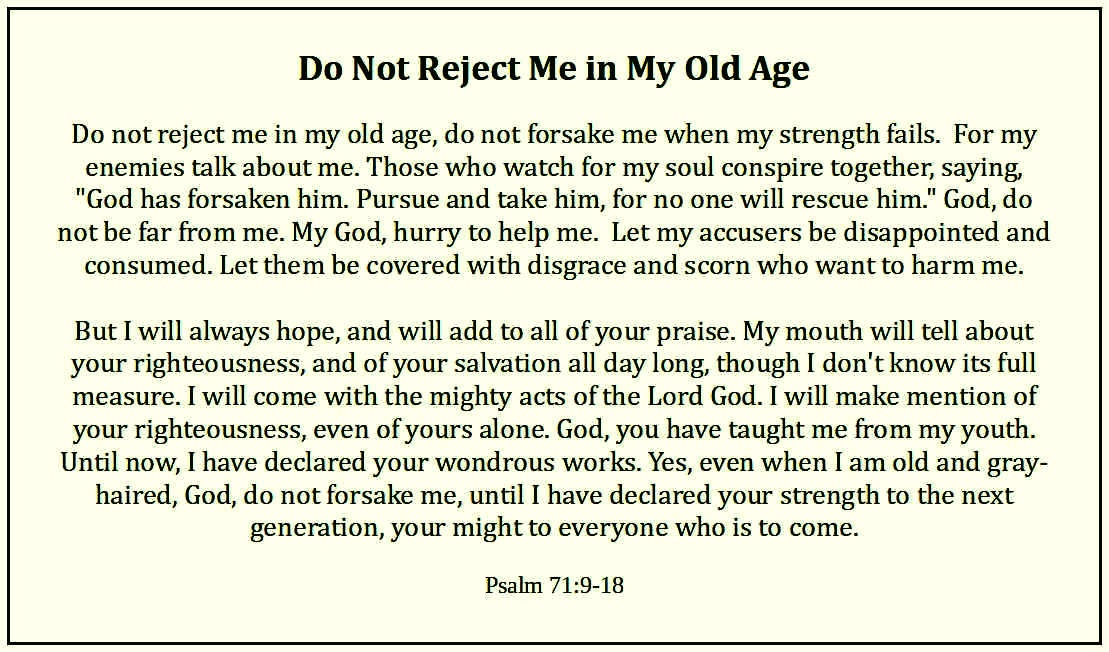
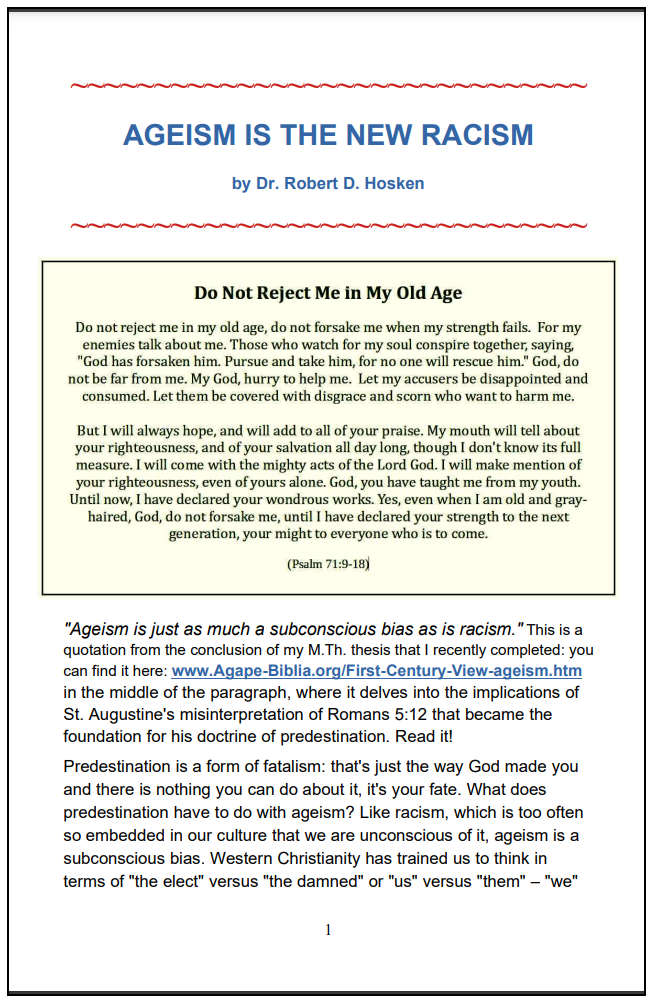 Get "
Get " Get
Get  Get
Get 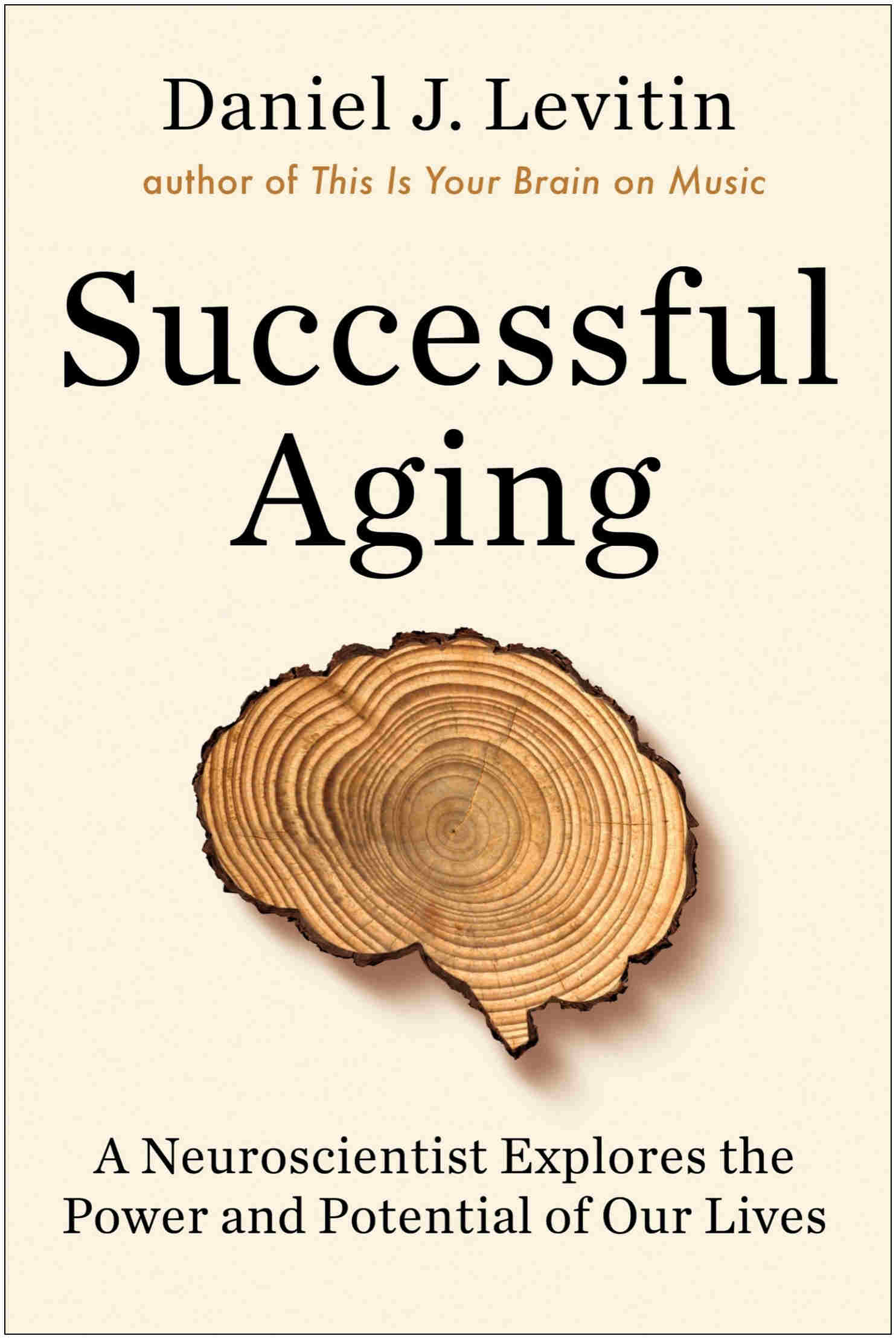 Get
Get 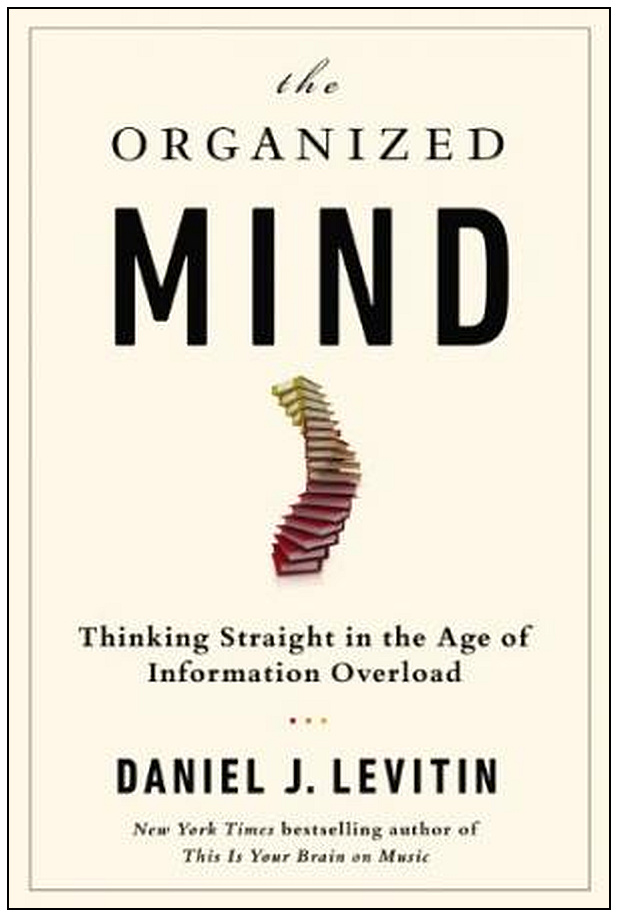 Get
Get 